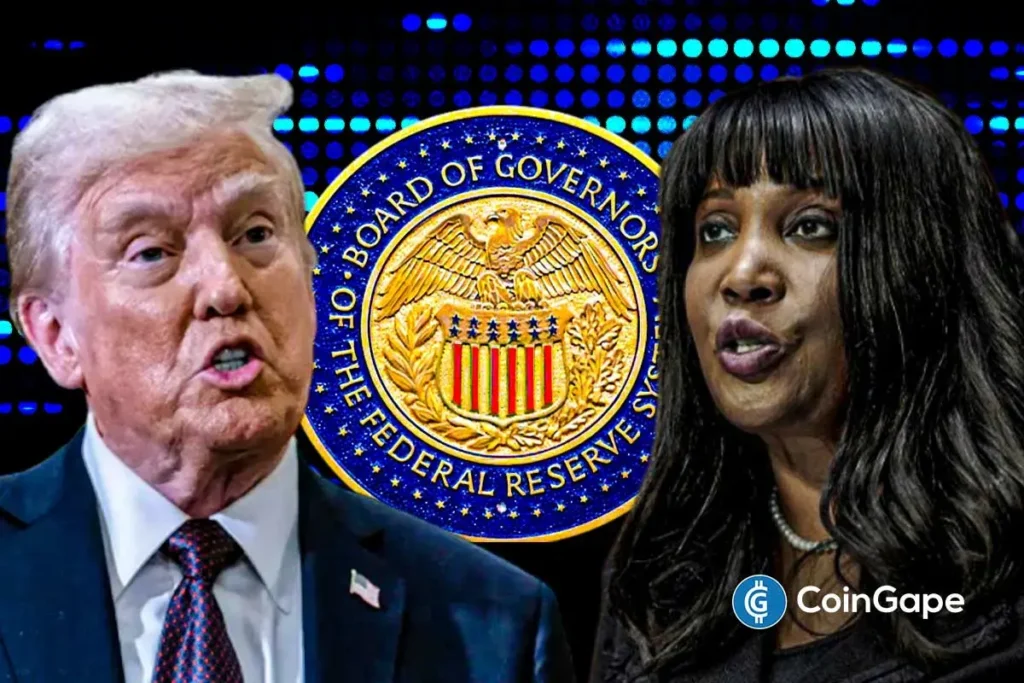Fed Governor Lisa Cook Challenges Trump’s Attempt to Fire Her: Legal Action Ahead
In a significant political and economic development, Federal Reserve Governor Lisa Cook has firmly announced her intention to contest President Donald Trump’s unprecedented move to remove her from office. Cook, backed by her attorney Abbe Lowell, plans to file a lawsuit challenging the legality of the president’s action, which is the first instance in U.S. history of a sitting president firing a member of the Federal Reserve Board. This unfolding drama not only raises questions about the powers of the presidency but also has broader implications for monetary policy amidst a backdrop of calls for interest rate cuts.
Legal Challenge and Context
According to a report from CNBC, Lowell has articulated that Trump’s rationale for Cook’s dismissal—stemming from a recommendation linked to an ongoing Department of Justice investigation into alleged mortgage fraud—does not meet the legal threshold for “cause” under existing law. The Federal Reserve Act stipulates that a governor can be removed only for legitimate reasons, and Cook’s legal team contends that the actions taken against her lack both factual and legal support. By pursuing this lawsuit, they aim to clarify the boundaries of presidential power concerning the Federal Reserve, an institution crucial to the U.S. economy.
Precedent and Politics
Trump’s push to remove Cook represents a stark precedent, as the Federal Reserve has historically operated with a measure of independence from the executive branch. This bold move has raised eyebrows and ignited debates about the integrity of the Federal Reserve’s role in monetary policy. The president’s justification for such an unusual action—citing a lack of public confidence in an official under investigation—suggests a willingness to intervene aggressively in central banking affairs, a move that could undermine the Fed’s autonomy and credibility.
Implications for Monetary Policy
The political machinations surrounding Cook’s potential removal also intersect with ongoing discussions about interest rates. As another Federal Open Market Committee (FOMC) meeting approaches, Trump is vocally advocating for a significant rate cut. Market analysts are speculating that if Cook were to leave, it could tip the balance of the Fed Board in favor of Trump-appointed governors, which might lead to more aggressive easing measures. Currently, there is notable anticipation of a potential 25 basis point rate cut, with CME FedWatch indicating an 86.3% probability of such an adjustment.
The Strategic Timing and Motivations
Observers are questioning the timing of Trump’s move to fire Cook, particularly as he openly pushes for significant monetary policy changes before the upcoming FOMC meeting. This investigation into Cook has not only political overtones but also strategic implications regarding the presidency’s influence over the Federal Reserve. Critics are quick to note that this appears to be a calculated effort to consolidate power within the Fed, potentially paving the way for more Trump-aligned monetary policy decisions in the future.
Broader Market Reactions
The unfolding situation is keenly observed by various market participants, especially within the cryptocurrency sector, which often reacts sharply to shifts in monetary policy. As the market anticipates possible rate cuts by the Fed, the potential changes brought about by Cook’s lawsuit could have reverberating effects throughout different asset classes. A significant reshaping of the Fed Board could lead to further speculation and volatility, particularly in markets that are sensitive to interest rates.
Conclusion: A Pivotal Moment for the Federal Reserve
In summary, the legal battle ahead for Lisa Cook against President Trump’s removal attempt represents a critical juncture for the Federal Reserve. Not only does it challenge existing norms regarding the separation of powers, but it could also have profound implications for U.S. monetary policy at a time when significant economic decisions are on the horizon. As this story develops, all eyes will be on the courtroom and the potential ramifications for markets and fiscal governance in America. Investors and policymakers alike are poised to see how this unique situation unfolds, especially as the Fed navigates an increasingly complex political landscape.


